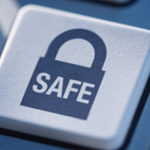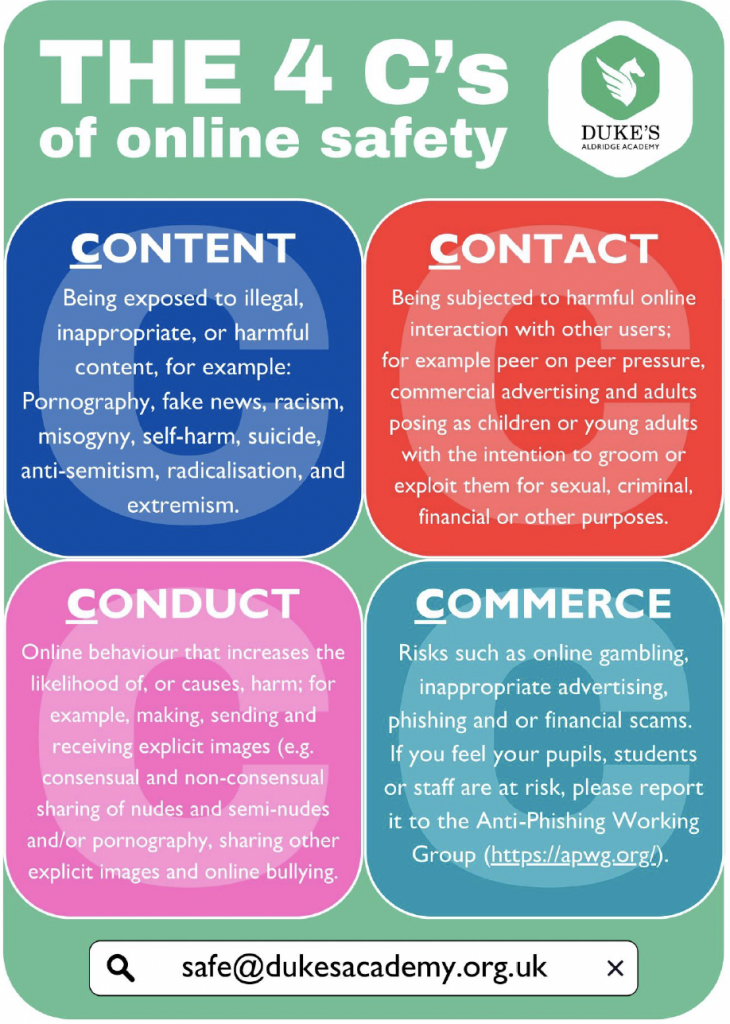Growing up online
As your child grows and becomes more independent, it is only natural that they take this independence online. In our teenage years we explore, try new things and sometimes push boundaries and take risks, this is an essential part of growing up.
With all of the potential that the online world and new technology offers, young people now have access to huge opportunities. They use technology to express themselves, explore, and be creative; it has changed the way they communicate.
The internet has changed all of our lives, and your child has grown up during this change. Many of the things that confuse, baffle or even scare us, are part of the everyday for them. For many of us, this can all be a bit too much.
Whether you’re a technophobe or a technophile, it’s still likely that you’ll be playing catch-up with the way your child is using the internet.
You might wonder whether what they are doing is safe, and you might also be thinking how can I be as good a parent online as I am offline?
Click on the following links to find out more:
- E-Safety advice
- Online gaming
- A parents’ guide to apps
- Social networking
- Staying safe online this summer – a guide for your family
- Aldridge – E-safety for parents
Online Safety
While cybersecurity protects devices and networks from harm by third parties, Online Safety protects the people using them from harm by the devices and networks (and therefore third parties) through awareness, education, information and technology.
Online Safety is being aware of the nature of the possible threats that you could encounter whilst engaging in activity through the Internet, these could be security threats, protecting and managing your personal data, online reputation management, and avoiding harmful or illegal content.
Online Support Services:
- National cyber security centre
- Internet safety
- Haringey safeguarding children partnership
- Keeping children safe online
- Help your Children
- Support for parents to keep children safe online
- Childnet
- Internet matters
- Childline
Top Tips
- Be involved in your child’s online life. For many of today’s young people there is no line between the online and offline worlds. Young people use the internet to socialise and grow and, just as you guide and support them offline, you should be there for them online too. Talk to them about what they’re doing, if they know you understand they are more likely to approach you if they need support.
- Watch Thinkuknow films to learn more. The Thinkuknow programme has films and advice for children from five all the way to 16. Your child may have seen these at school, but they can also be a good tool for you to find out more about what young people do online and some of the potential risks.
- Keep up-to-date with your child’s development online. Be inquisitive and interested in the new gadgets and sites that your child is using. It’s important that as your child learns more, so do you.
- Set boundaries in the online world just as you would in the real world. Think about what they might see, what they share, who they talk to and how long they spend online. It is important to continue to discuss boundaries so that they evolve as your child’s use of technology does.
- Know what connects to the internet and how. Nowadays even the TV connects to the internet. Your child will use all sorts of devices and gadgets; make sure you’re aware of which ones can connect to the internet, such as their phone or games console. Also, find out how they are accessing the internet – is it your connection or a neighbour’s Wifi? This will affect whether your safety settings are being applied.
- Consider the use of parental controls on devices that link to the internet, such as the TV, laptops, computers, games consoles and mobile phones. Parental controls are not just about locking and blocking, they are a tool to help you set appropriate boundaries as your child grows and develops. They are not the answer to your child’s online safety, but they are a good start and are not as difficult to install as you might think. Service providers are working hard to make them simple, effective and user friendly. Click here to set up parental controls. For more information on parental controls, click here.
- Emphasise that not everyone is who they say they are. Make sure your child knows never to meet up with someone they only know online. People might not always be who they say they are. Make sure your child understands that they should never meet up with anyone they only know online without taking a trusted adult with them.
- Know what to do if something goes wrong. Just as in the offline world, you want to help your child when they need it. Therefore, it is important to know when and how to report any problem. Click here for more information on how to make a report.
Parents’ and Carers’ Guide to in the Internet
by CEOP
‘The Parents’ and Carers’ Guide to the Internet’, has been created by CEOP to provide a light hearted and realistic look at what it takes to be a better online parent.
Watch this short clip to find out more.
Useful Information:
E-safety Factsheet for Parents
E-safety Issues and Online Safety – Parents Evening



